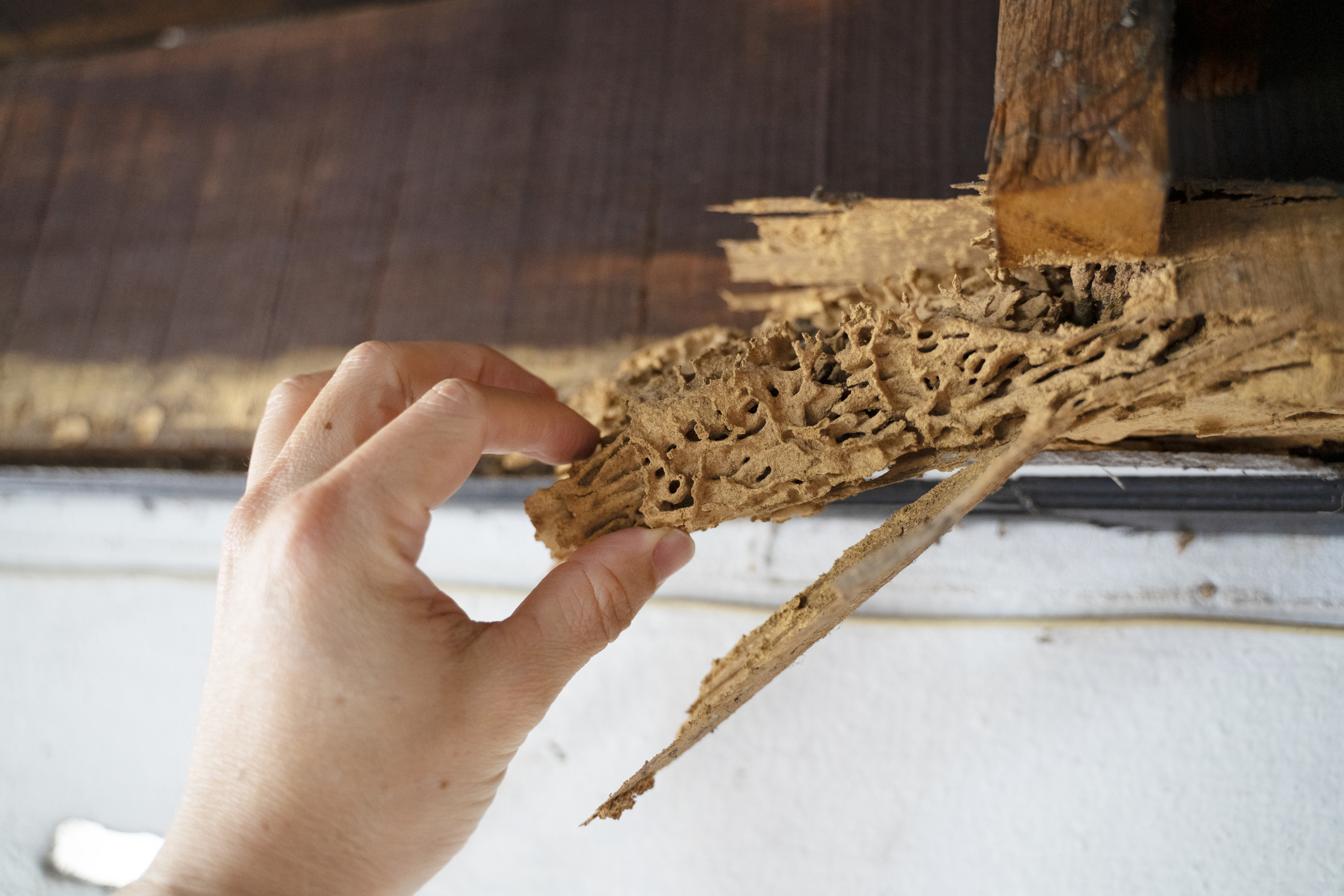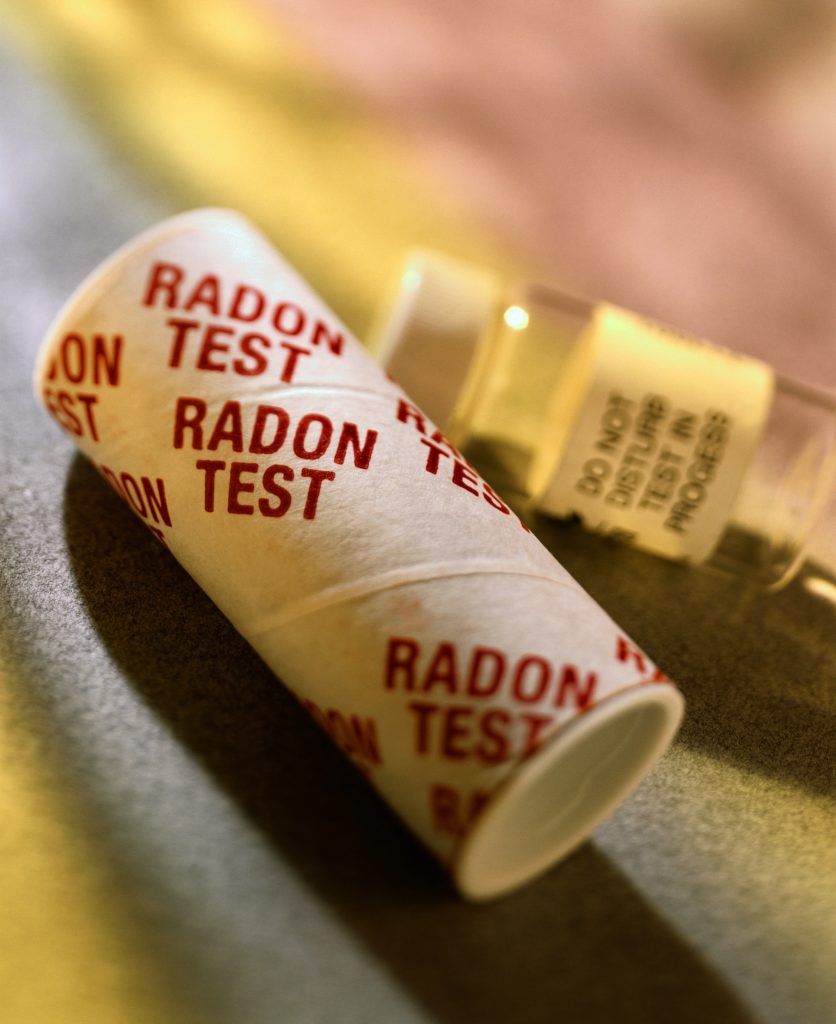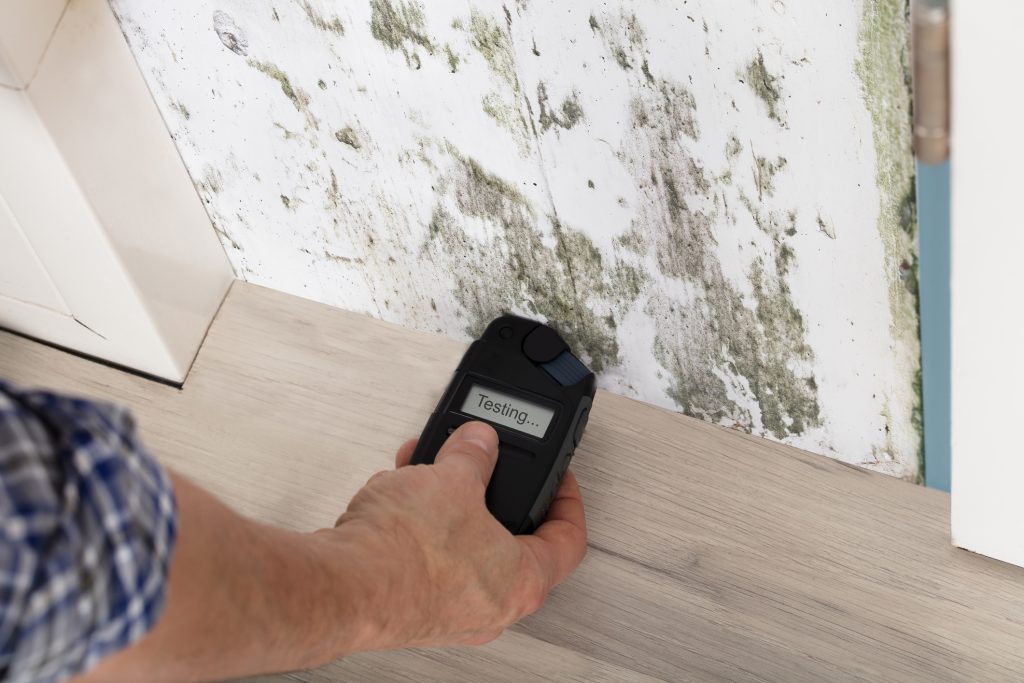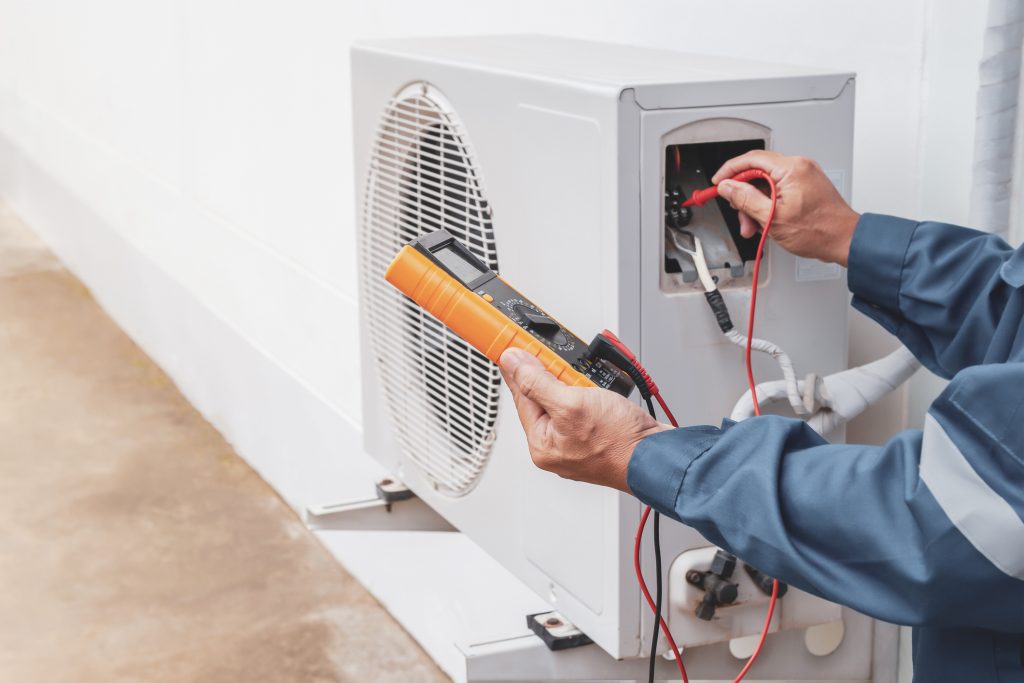Certified Inspectors
Septic Inspections
PSMA is the only certifying agency in Pennsylvania for septic inspections and only certified inspectors can truly inspect to standard. You can verify certifications at the PSMA website or by calling them at 717-763-7762.

WDI Inspectors
Termite Inspections
Licensed by the Pennsylvania department of Agriculture, (BU 12232) and certified for wood destroying organism inspections (Cert# 302241) AD Home Inspections is not only certified to do these inspections, but has taken the extra steps to be able to complete the paperwork for FHA/VA/HUD loans as required by the federal government (NPMA 33).

Keep Your Property Safe
Radon Inspections
From the National Safety Council Website (www.nsc.org) “You can’t see it, smell it or touch it. The No. 1 cause of lung cancer outside of smoking is a radioactive gas that everyone breathes in every day, usually at low levels. Radon gas is produced from a natural breakdown of uranium in soil, rock and water. This radioactive gas can be detected in homes, offices and schools; it enters buildings through cracks in floors and walls, construction joints or gaps around service pipes, electrical wires and sump pits. When radon gas exceeds acceptable levels, the result can be deadly.
Scientists estimate 15,000 to 22,000 lung cancer deaths in the U.S. each year are related to radon.” A.D. Home Inspections is LICENSED by the state of PA to conduct radon testing. We use technology that allows us to have your results on site the day we retrieve the monitor so there is no question as to whether or not there is an issue.

24 Hour Response
Mold Testing
“Mold isn’t a bad word. Every home has mold and without it the world wouldn’t be habitable for humans or animals. Mold only becomes a problem when there is too much of it, when it causes problems for health, or when it is unsightly and causing damage to property. This is where mold testing comes in. Please contact us for more information to see if you need mold testing and what kind of testing will best suit your needs. A.D. Home Inspections has aligned itself with Inspector lab to be able to provide you 24 hour response to all mold tests with a comprehensive report to help you understand the results. ”

Best Water Testing Solutions
Water Testing
A.D. Home Inspections has aligned itself with ABE Laboratories, LLC to provide you the best water testing solutions available. Prices vary based on testing so call us for pricing on all water tests. Here are just a few of the options:
- Bacteria -water is tested for coliform bacteria, and if found e-coli.
- Nitrate/Nitrite – both compounds move easily through the ground and can cause medical problems for pregnant women and children under the age of 6 months. It usually indicates contamination from fertilizers or animal waste, or subsurface sewage system contamination (septic)
- Lead – a hazardous compound that was used in early city water pipes and solder to join copper pipes. (Lead testing requires a rush to receive in a timely fashion. )
- Iron – occurs naturally, but can discolor sinks and baths and clothing. Also leave a bad taste.
- pH – determines the waters acidity or base values, and should be neutral for safe consumption and to prevent pipe damage.
- Total dissolved solids – can lead to scale formation in piping and a salty taste of the water.
You can visit their website at abe-labs.com/residential-water for more in depth explanations.

Determine Any Leaking
Duct Testing
Duct tightness testing involves using a fan to force air into or draw a suction, on the ductwork of the system to determine it’s leakage. Leaky duct work means that the heated or cooled are being sent is not arriving at its intended location therefore using more energy than necessary. The ICC standard is leakage should be no more than 4CFM/100sq ft of floor space. The system is depressurized to -25 Pascals, and the manometer measures the flow which is then converted to CFM/100sq ft. The fan can also be reversed and smoke used to assist in determining the areas preventing the standard from being reached.

Is Your Property Airtight?
Blower Door Test
Blower Door Testing Building tightness is measured by performing a blower door test. The most common method is a single-point depressurization test:
- Exterior windows and doors are closed, HVAC systems are off, and vents are generally left in a normal position.
- The house is depressurized to 50 Pascals (Pa) with respect to outdoors using a fan set up in a doorway. The fan air flow is measured in cubic feet per minute at 50 Pa (CFM50) using a pressure and flow meter.
- The air exchange rate is calculated in air changes per hour at 50 Pa (ACH50); ACH50 = CFM50x60/house volume. The fan can also be reversed and smoke used to assist the contractor in correcting any areas preventing the home from reaching standard.


